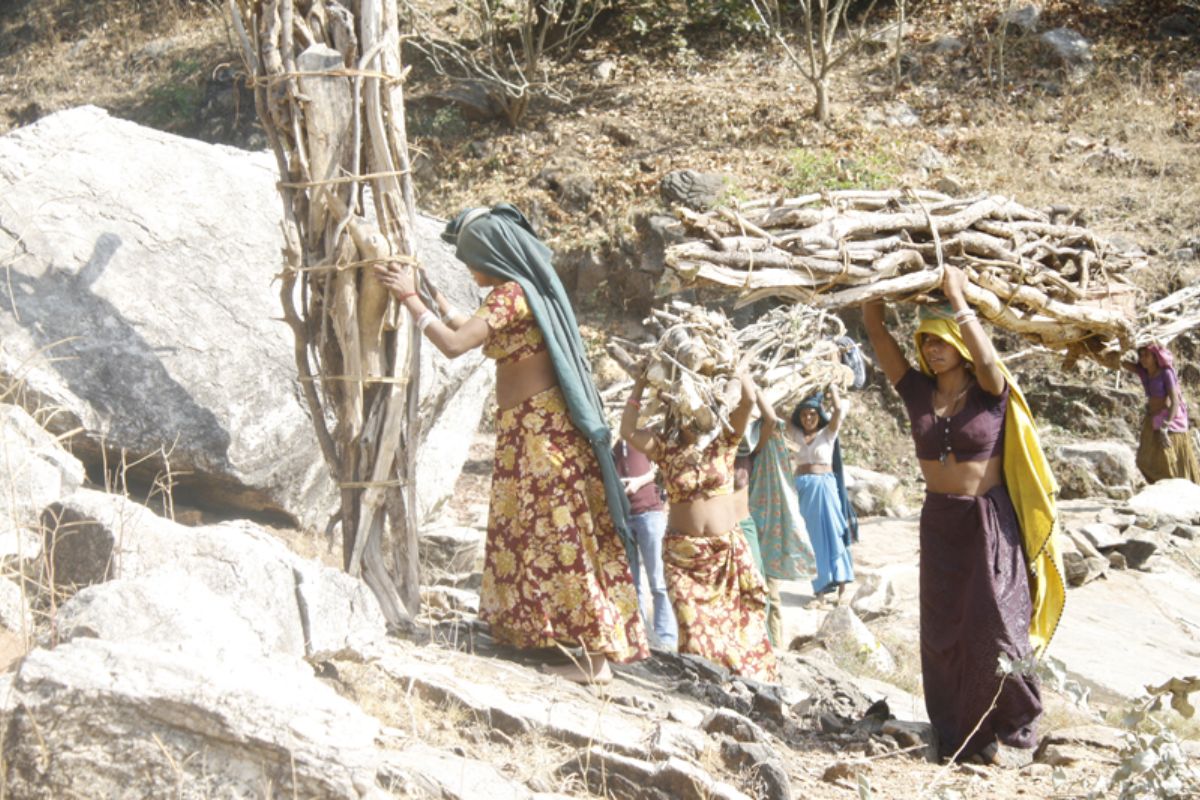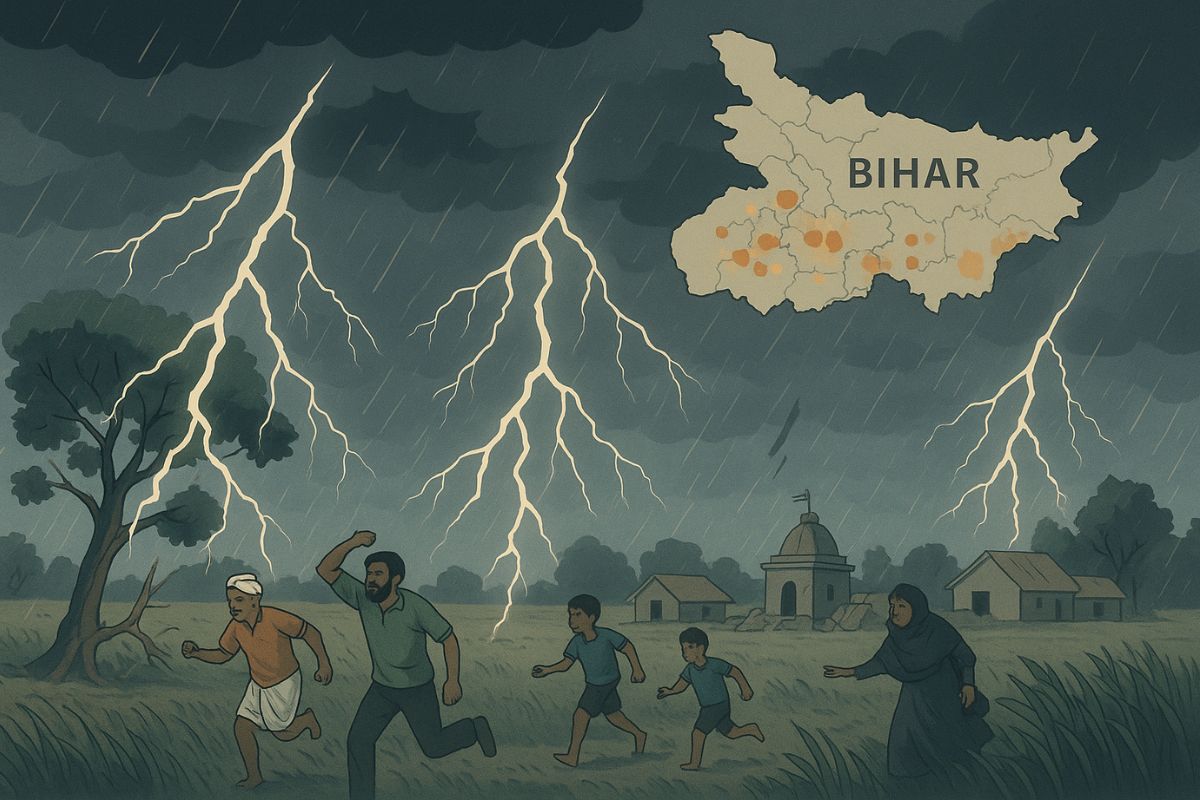Even though there may have been a slight decline in non-veg at the time of Covid, there has been a rise in non-veg eaters instead of a decline. National Family Health Survey (NFHS) data said that more people are eating non-vegetarian food than ever before. NFHS-5, which was conducted in 2019-21, show that the proportion of men aged 15-49 years who have never consumed non-vegetarian food — listed as ‘chicken, meat or fish’ in the survey — stood at 16.6 per cent in 2019-21. This is a decline of 5 per cent from the 21.6 per cent reported in the previous NFHS-4 conducted in 2015-16.
On the other hand, women of the same age group (15-49) who have never eaten ‘fish, chicken or meat’ stood at 29.4 per cent in 2019-21, only a little dip from the 29.9 per cent of 2015-16.
What’s the NFHS-5 data say?
NFHS-5 2019-21 interesting data shows that 83.4 per cent of men and 70.6 per cent of women in the 15-49 age group eat non-vegetarian food daily, weekly or occasionally. The figure was comparatively less as 78.4 per cent for men and 70 per cent for women in NHFS-4 data.
If talking on weekly basis data shows that 57.3 per cent of men and 45.1 per cent of women reported eating fish, chicken or meat at least once a week which was higher than the figures outlined in 2015-16 as 48.9 per cent of men and 42.8 per cent women.
Non-veg trend in India
According to NFHS-5 data 2019-21, most of the non-veg eaters are in Lakshadweep (98.4 per cent) and the least in Rajasthan (14.1 per cent). Following this Andaman & Nicobar Islands (96.1%), Goa (93.8%), Kerala (90.1%) and Puducherry (89.9%) are the top 5 states and Union Territories where non-veg food is consumed by men at least once a week.
Including Rajasthan, Haryana (13.4%), Punjab (17%), Gujarat (17.9%) and Himachal Pradesh (21.1%) are the states at the bottom of this list.
Based on religious groups
Among the list, Christian men and women rank first in consumption of non-vegetarian food at least once a week, with a proportion of about 80 per cent for men and 78% for women aged 15-49. Others are:
- Hindu- Men(52.5%), Women (40.7%)
- Muslim- Men(79.5%), Women (70.2%)
- Sikh- Men (19.5%), Women (7.9%)
- Buddhist/Neo-Buddhist- Men (74.1%), Women (62.2%)
- Jain- Men ( 14.9%), Women (4.3%)
Apart from these, data findings show that more people consume eggs than ‘fish, chicken or meat’.84.7 per cent of men and 72 per cent of women reported eating eggs daily, weekly or occasionally during 2019-21. In 2015-16 NFHS-4 data, this is 80.3 per cent for men and 70.8 per cent for women. (Non-veg trend in India)
NFHS-5 was managed in two phases between June 17, 2019, and April 30, 2021. This round of the survey was conducted in two phases because of the Covid-19 explosion and worldwide lockdown. It comprises 707 districts in 29 states and seven union territories.
You can connect with Ground Report on Facebook, Twitter, Instagram, and Whatsapp and Subscribe to our YouTube channel. For suggestions and writeups mail us at GReport2018@gmail.com
Also Read









